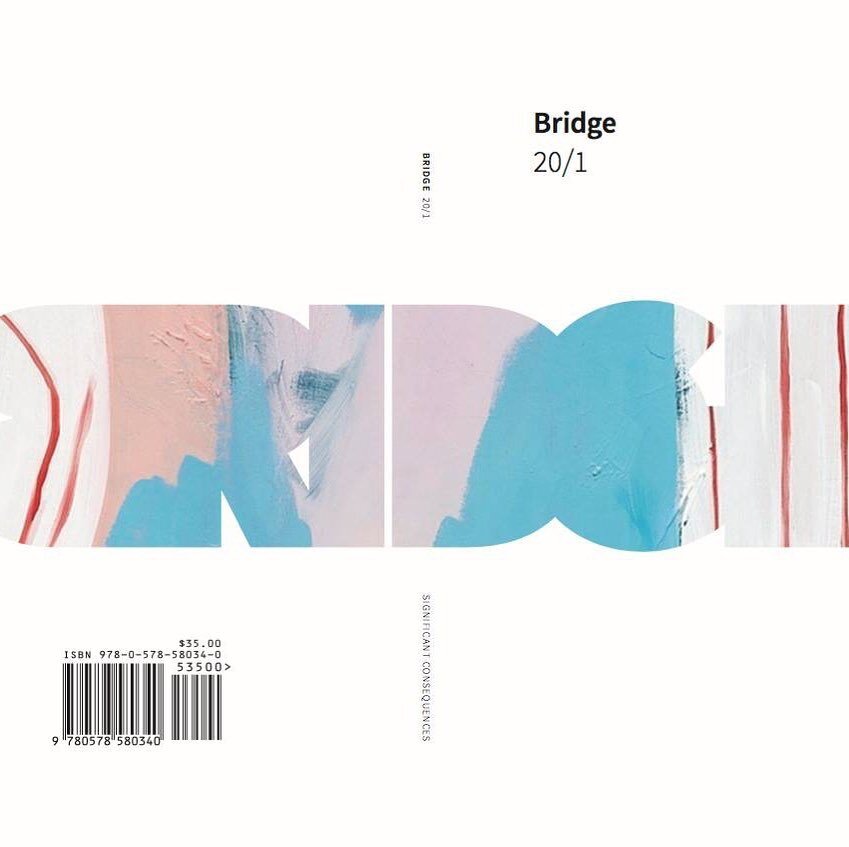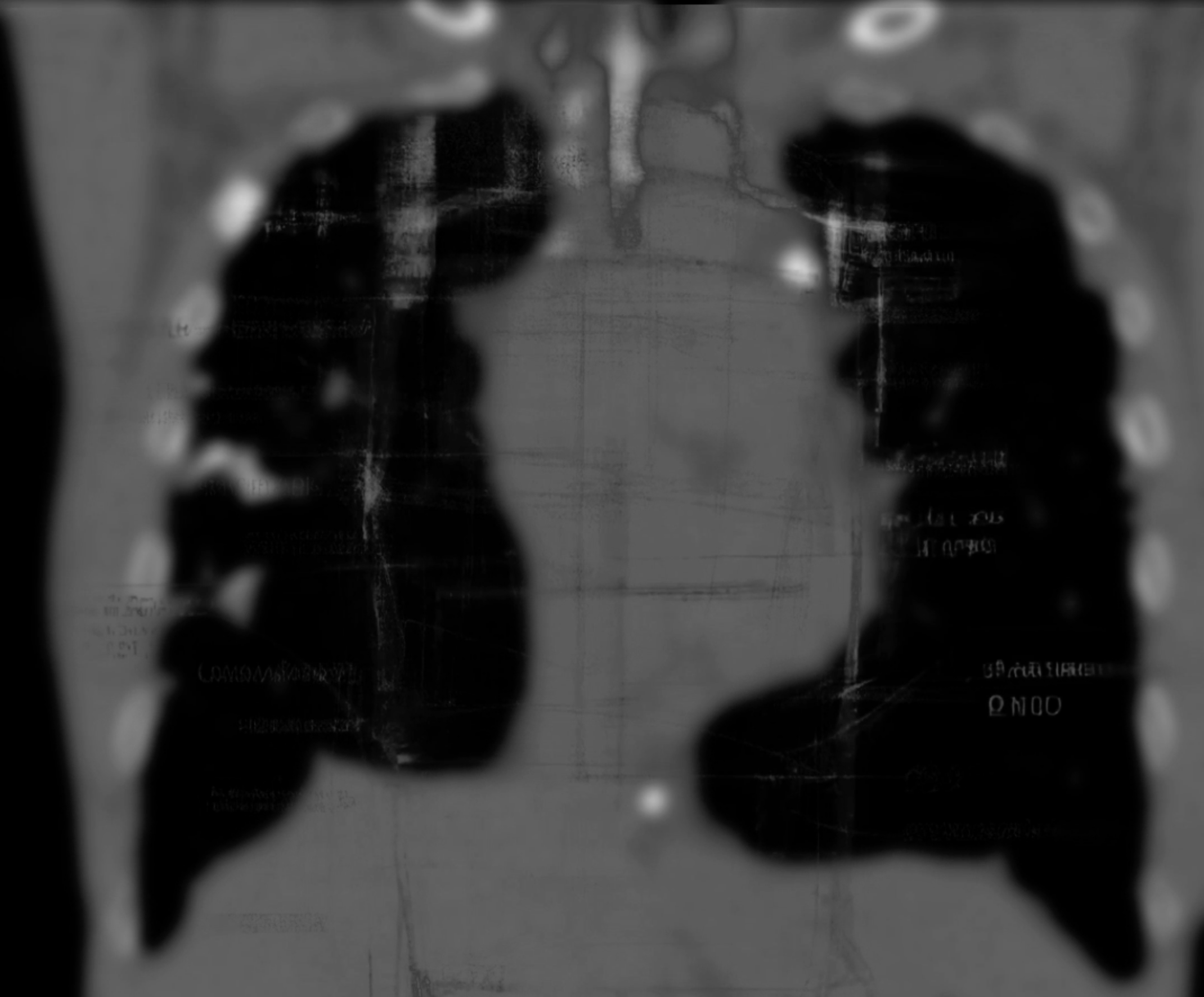Image: still from The Breathers, courtesy Stacy Hardy & Daniel Borzutsky.
Our first-ever installment of Cinepoetry Cinema, a new microcinema screenings series produced in conjunction with Bridge Video, will take place at the Open Books Pilsen store, 905 W. 19th St. on Saturday, July 6 starting at 3pm. The lineup of screenings will include:
THE BREATHERS
Using Hardy and Borzutzky’s collaborative long-form poem The Breathers as a point of departure, the cinepoem of the same name will discuss breath as a form of resistance, asphyxiation in Africa and the Americas, and collaborating with musicians as a form of writing. Runtime: 6 minutes, 19 seconds.
Daniel Borzutzky is a poet and Spanish-language translator from Chicago. His most recent books are The Murmuring Grief of the Americas (2024), and Written After a Massacre in the Year 2018 (2021). His 2016 collection, The Performance of Becoming Human, received the National Book Award. Lake Michigan (2018) was a finalist for the Griffin International Poetry Prize. His most recent translations are Cecilia Vicuña’s The Deer Book (2024); and Paula Ilabaca Nuñez’s The Loose Pearl (2022), winner of the PEN Award for Poetry in Translation. His translation of Galo Ghigliotto's Valdivia received the American Literary Translator’s Association’s 2017 National Translation Award, and he has also translated collections by Raúl Zurita, and Jaime Luis Huenún.
Stacy Hardy is a writer, researcher, and editor whose work explores the intersections of embodiment, the individual, and society. She is the author of the short fiction collections Because the Night (Pocko, 2015) and An Archaeology of Holes (Rot-Bo-Krik, Paris 2022 and Bridge Books, Chicago, 2023). Her plays and librettos have been performed globally. Hardy is also a lecturer in creative writing at WITS University; an editor at the Pan-African platform Chimurenga; a partner in the African creative writing teaching initiative Saseni; and a founder of Ukuthula, a project that develops new writing from and against gender-based violence.
THE LIFE & DEATH OF A MOSQUITO
A boy gives a presentation on the life and death of a mosquito. What else can we remember? This video is a love letter to the things we will stop remembering, to childhood, AND to conversations that don't matter. This video was once a love letter to someone who doesn't much matter anymore. It is a love letter to walks in the woods, water's-edge flowers, and moss covered logs. It's a love letter to my fear of memory loss to which I don't sign my name. Runtime: 10 minutes, 21 seconds.
Walter Smits is a queer multimedia artist focusing on experimental video. His lens is youthful and curious, broken down into absurd collages of spontaneous language and fragmented imagery. His work critiques filmmaking structures and examines the intangibility of memory, childhood, and sexuality. Transcending these constructs via playful curiosity allows me to provide an earnest and heartfelt analysis of the ephemeral.
ACCIDENTAL NEIGHBOR
A poetic rumination made while accidentally trespassing into a neighbor’s apartment while the door was inexplicably left open one night. Runtime: 1 minutes, 22 seconds.
Michael Workman is an artist, writer, reporter, and sociocultural critic. In addition to his work at the Chicago Tribune, Guardian US, Newcity magazine, WBEZ Chicago Public Radio, and as the Movement Matters symposia series host, Workman is also Director and Editor-in-Chief of Bridge, a Chicago-based 501 (c) (3) publishing and programming organization. His choreographic writing has been included in Propositional Attitudes, an "anthology of recent performance scores, directions and instructions" published by Golden Spike Press, and his Perfect Worlds: Artistic Forms & Social Imaginaries, the first in a 3-volume series, was released by StepSister Press in October 2018 with a day-long program of performances at the Museum of Contemporary Art, Chicago.
In 2019, two of his scores were accepted for publication in a special edition of the Notre Dame Review focusing on the work of participants in the &NOW Festival of Innovative Writing. Most recently, in 2023 he presented an Active Investigation combining restructured texts, place, literary history and phonemic poetics at the Neubauer Collegium at the University of Chicago as part of A Festival of Holes.
THIRTEEN WAYS OF LOOKING AT A BLACKBIRD
Our process in making this film from Wallace Steven's famous poem, Thirteen Ways of Looking at a Blackbird, now in the public domain, was to capture the startling images his words evoked for us using whatever crazy means necessary, and to manipulate those images in unexpected and visually poetic ways. What we hope to achieve is something like what Stevens lauded in translations of his poems in foreign languages, where what mattered to him was carrying "the poems forward without regard to the words." Williams seems generally skeptical about literary exegesis of his work. Regarding the collection including Thirteen Ways of Looking at a Blackbird, Stevens commented that the poems were "not meant to be a collection of epigrams or of ideas, but of sensations." Later, writing about a different poem ("Fabliau of Florida"), but perhaps also apropos for "Blackbirds," he insists, "it is not the sense ... that counts, because It does not have a great deal of sense; it is the feeling of the words and the reaction and images that the words create." We hope we have created a flight of fancy with our adaptation of "Blackbirds," a nonsense that carries Stevens' poem forward in a new way. Runtime: 8 minutes.
Pamela Falkenberg is an independent filmmaker who received her PhD from the University of Iowa and taught at Northern Illinois University, St.Mary's College, and the University of Notre Dame. She directed the largest student film society in the US while she was at the University of Iowa, and also ran films series for the Snite Museum of Art in South Bend, IN. Her experimental film with Dan Curry, Open Territory, received an individual filmmaker grant from the National Endowment for the Arts, as well as grants from the Center for New Television and the Indiana Arts Council. OT screened at the Pacific Film Archives, as well at numerous film festivals, including the AFI Video Festival, and was nominated for a regional Emmy. Her other films include museum installations, scholarly/academic hybrid works shown at film conferences, and a documentary commissioned by the Peace Institute at the University of Notre Dame. She wants to make lots of different kinds of films with Jack, but she is especially proud to have been the one who suggested that Jack's poems should be made into films.
Jack Cochran is an independent filmmaker who has produced, directed, or shot a variety of experimental and personal projects. As a DP he has extensive experience shooting commercials, independent features, and documentaries. His varied commercial client list includes BMW, Ford, Nissan, Fujifilm, Iomega, Corum Watches, and Forte Hotels. His features and documentaries have shown at the Sundance, Raindance, Telluride, Tribeca, Edinburgh, Chicago, Houston, and Taos film Festivals, winning several honors. His commercials and documentaries have won Silver Lions from Cannes, a BAFTA (British Academy Award), Peabody Awards, and Cable Aces. Some notable credits: Director of Photography on Brian Griffin's Claustrofoamia, Cinematography for Antony Thomas’ Tank Man, Director/Cinematographer of Viento Nocturno, and Cinematographer of Ramin Niami’s feature film Paris. Jack was trained at the University of Iowa Creative Writers Workshop as well as the University of Iowa film studies program. He has written poetry all his life, but he never knew what to do with it until he shared his notebooks with Pam, who said, "You're a filmmaker -- shouldn't your poems be films?"


